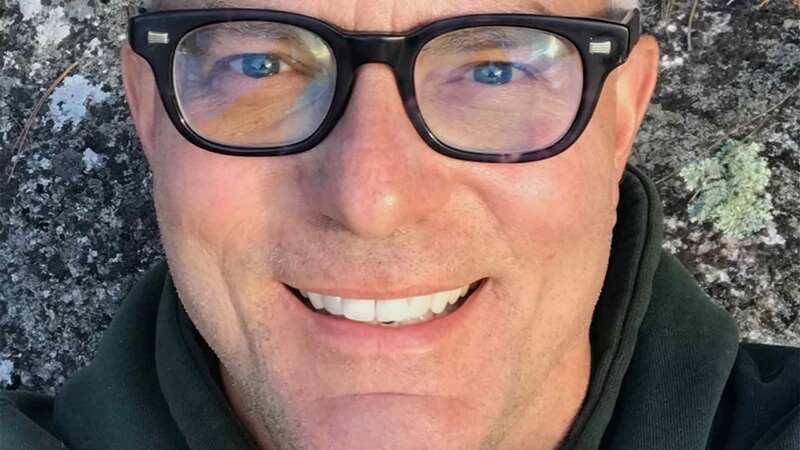You are viewing your 1 free article this month. Login to read more articles.
Micro-presses fight their corner
Difficulties with finances and heavy workloads have sounded the death knell for micro-publishers Jurassic London and Boo Books, while fellow mini press Gray Friar Press has also shuttered. However, all three have maintained that micro-publishing plays a vital role in the health of the industry.
Not-for-profit press Jurassic London, based in London, has published 48 titles since it was founded in 2011. But it is to close in October, owing to workload and time pressures. Co-founder Jared Shurin told The Bookseller that although publishing is a “much more level playing field” than in previous years—as technological developments have helped to democratise the publishing process—with small presses able to match larger rivals in terms of product quality, small publishers still find it hard to compete for attention from booksellers and literary prizes.
He added: “Small presses don’t have the money or the human resources that large presses do. Nor do we have the relationships with, or attention of, retailers, distributors, reviewers or even literary prizes. Even though technology has made small press publishing viable, the venerable institutions of the industry have rallied behind more traditional publishers.”
Shurin continued: “It is also worth noting that we don’t have the advantage of volume. It costs us more, per book, to print, distribute and ship. We then get worse discounts from retailers and wholesalers, the most forlorn position on a shop’s shelf (if at all), the fewest reviews (save for self- publishing) and our titles often go to the bottom of a judge’s pile.”
Alex Davis, director of Derby-based Boo Books, which has published 10 books since it was founded in 2014, agreed that there was a lot of “relationship- building” to be done in the industry, with distributors, reviewers and booksellers pivotal to helping books find readers. Davis said: “If there is an area in which I went wrong, I would say that would be it. I’m proud of the books, but obviously not enough people knew about them or were interested in them for it to be viable.”
As the sole member of staff, Davis also cited the pressures of workload and time, as well as finances, as part of his decision to close the press. He said: “I do a lot of other work on top of Boo Books—proofreading, event organisation, teaching, workshops and lots more besides, so it’s been tricky to find time to put the books out and particularly to market them well. And ultimately, as a business, small-press publishing is extremely hard to make any kind of profit in.”
Small press releases from Boo Books (left and second left) and Jurassic London
Despite the challenges, micro-publishers say they play an important role in the ecosystem of the industry as they help to nurture new talent and enable experimentation. Such is the ubiquity and turnover of small presses, the shuttering of three has been offset by the launch of others, such as mental health publisher Trigger Press and Coventry-based not-for-profit list Silhouette Press, which launched earlier this year.
Gary Fry, founder of Gray Friar Press, a science fiction and fantasy specialist which has published 30 titles since 2003, decided to close his publisher in May as a “lifestyle choice rather than [a result of ] a failing business”. He said: “New imprints come and go. It will always be that way. There are so many micro-presses that relatively small readerships are split between them, making it harder for anyone to survive. Digital printing has led to this situation, because anyone can now have a go. I don’t think that’s a bad thing, but it sure makes making decent sales hard.”
However, other micro-publishers claim to be thriving. Jon Woolcott, sales and marketing director of Dorset-based nature-writing list Little Toller, said the current climate suited small presses. He said new technologies made it easier to set up presses, and emphasised the importance of targeting a specific audience. “All small publishers need to have a rationale to succeed; they need to think, ‘what do I do that no one else does?’”
Shurin added that micro- presses were “vital for finding and encouraging writers”, and giving them experience of working with editors and publishers, and were an important way for staff to gain experience in a variety of roles including editorial, marketing, proofreading and cover design.
“Small presses give people the rare opportunity to experiment with the business of publishing”, he said, adding: “There is no better way of learning about publishing, and about creating in general. You’ll learn a thousand new skills—from time management, negotiating, InDesign and how to navigate a trade fair. You’ll make thousands of new contacts, many of which will turn out to be friends or provide business opportunities later in life”. Shurin cited the example of his wife, Anne C Perry, with whom he co-founded Jurassic London, who is now a commissioning editor for Hodder & Stoughton.
Davis agreed that micro-presses play an important role in “bringing new talent through”. He said: “To make a footballing analogy, if you picture the major presses as the Premier League then small presses are the Championship, League One and Two. The budgets are smaller, the crowds are smaller, but those smaller teams/presses are more than capable of finding fantastic talent that can go on to huge success. Andrew David Barker is an author we have published twice who I know will go on to great things, and if the small presses can provide that sort of stepping stone then they have a role to play.”
Davis added: “Artistically, I think indie presses are putting out some of the most interesting work and also pushing boundaries in terms of what can be done with a book creatively. One of my favourite titles from Boo Books was our VHS edition of Dead Leaves [by Barker], which we resized and presented in a video case. There’s less pressure to sell huge numbers, so you can test the waters and experiment.
“However, I would emphasise just how tough it is as a business. Most people I know running indies have a day job as well and are really running the press as a hobby or a labour of love,” he said. “There are only a few people I know that make a profit, and that’s something that has to change if the scene is to continue to thrive.”














